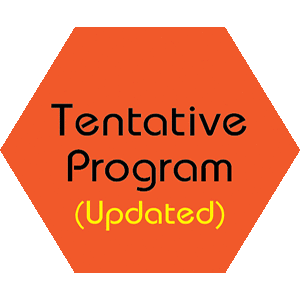
Biography
Biography: Anita Chen Marshall
Abstract
The practice of medicine is now at a crossroad. Countless patients are being treated simultaneously with both Western and Eastern medicine. It is quite common for a patient to seek herbal treatments while taking several prescription medications. Both patients and health care professionals are becoming more alert to the potential for occasional adverse herb-drug interactions. Today, half of all Americans take dietary supplements, according to the National Institutes of Health’s Office of Dietary Supplements. Consumers spend more than $300 billion per year on prescription drugs and more than $28 billion a year on vitamins, minerals and herbal remedies. And because many dietary supplements are touted as “natural” and are often sold in health food stores, it’s easy to assume they’re harmless. Safety has become a major topic of concern and discussion.
This session will provide an overview on Herb and Drug Interactions: Pharmacokinetic interactions and Pharmacodynamic interactions; therapeutic effects and interactions of commonly used herbs and drugs; herb-drug interactions with vitamin and mineral supplements. toxic herbs that cause the majority of adverse reactions; potentially serious herb-drug interactions in various illnesses that may cause life threatening conditions (i.e. asthma, CNS disorders, diabetes, heart attack, hypertension, insomnia, stroke, and pain management, etc)
As Traditional Chinese Medicine and herbal supplements grow and thrive in the United States, it is of vital importance that health care professionals be aware of the potentially dangerous herb-drug interactions and herb-drug-vitamin interactions. This knowledge will also improve treatment effectiveness and reduce the skyrocketing costs of medical care.

